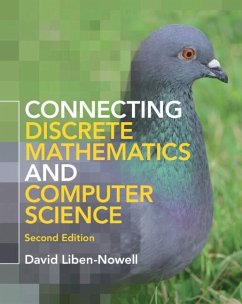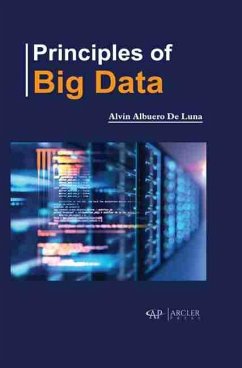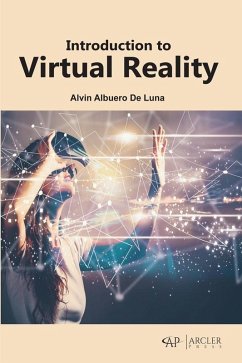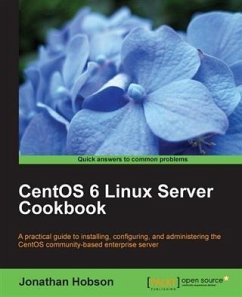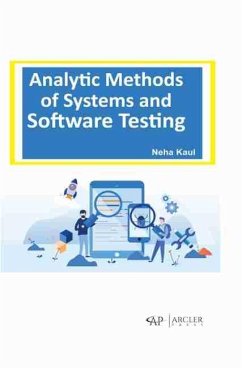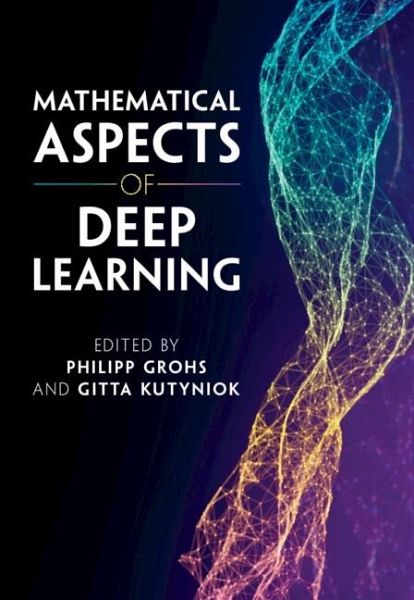
Mathematical Aspects of Deep Learning (eBook, PDF)
Versandkostenfrei!
Sofort per Download lieferbar
64,95 €
inkl. MwSt.
Weitere Ausgaben:

PAYBACK Punkte
32 °P sammeln!
In recent years the development of new classification and regression algorithms based on deep learning has led to a revolution in the fields of artificial intelligence, machine learning, and data analysis. The development of a theoretical foundation to guarantee the success of these algorithms constitutes one of the most active and exciting research topics in applied mathematics. This book presents the current mathematical understanding of deep learning methods from the point of view of the leading experts in the field. It serves both as a starting point for researchers and graduate students i...
In recent years the development of new classification and regression algorithms based on deep learning has led to a revolution in the fields of artificial intelligence, machine learning, and data analysis. The development of a theoretical foundation to guarantee the success of these algorithms constitutes one of the most active and exciting research topics in applied mathematics. This book presents the current mathematical understanding of deep learning methods from the point of view of the leading experts in the field. It serves both as a starting point for researchers and graduate students in computer science, mathematics, and statistics trying to get into the field and as an invaluable reference for future research.
Dieser Download kann aus rechtlichen Gründen nur mit Rechnungsadresse in A, B, BG, CY, CZ, D, DK, EW, E, FIN, F, GR, HR, H, IRL, I, LT, L, LR, M, NL, PL, P, R, S, SLO, SK ausgeliefert werden.




